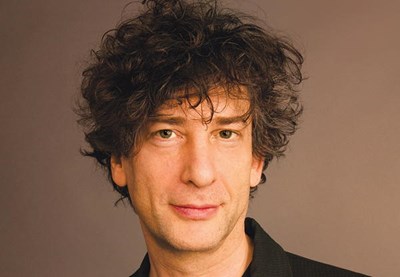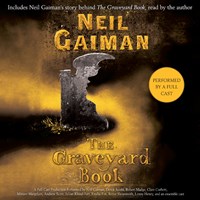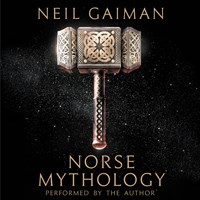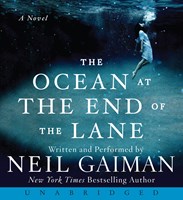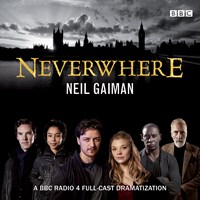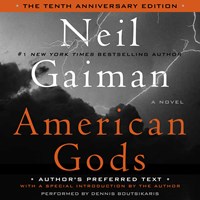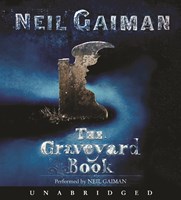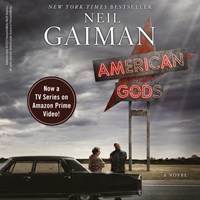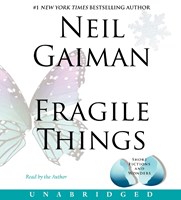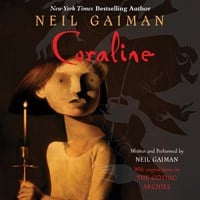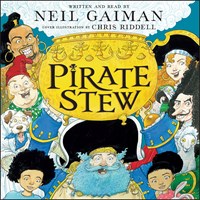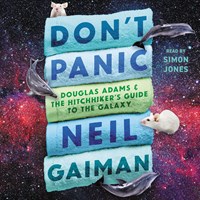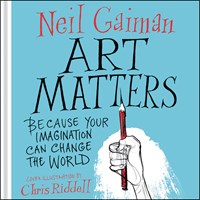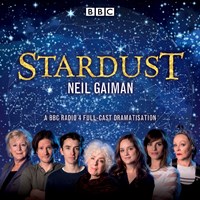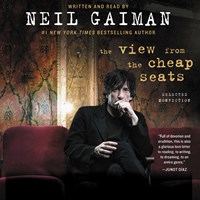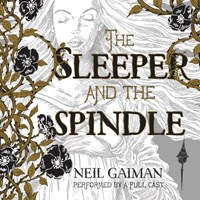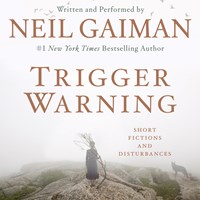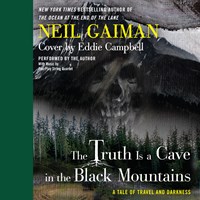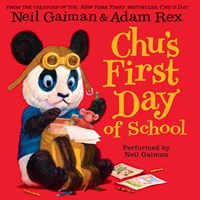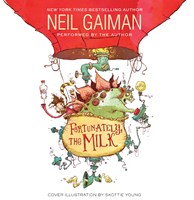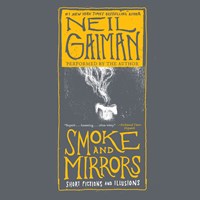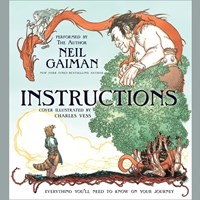Talking with Neil Gaiman
Technically, the first person to hear Neil Gaiman’s new novel, THE OCEAN AT THE END OF THE LANE, was his wife, musician Amanda Palmer. Gaiman handwrote the first draft of the novel while Palmer was far away in Australia.
The two reunited in Dallas, where Palmer was mixing her new album. “I would go out each day and just type what I’d written in the previous few months, tidy up the novel,” Gaiman says, “and every night, I would read her what I’d typed up that day. And I would read it until I realized she was asleep. And the next morning I would say to her, ‘So what were we up to?’”
Gaiman advises all writers to read their work aloud during the writing process. “That’s when suddenly you’re down and dirty there among the words. That’s the point where you discover what you thought you’d written, what you meant to write, what you hoped to write, versus what you’ve actually written.” He pauses, then admits, “It’s also the point where you discover the inadvertent tongue twisters. There is no point at which I have read an audiobook written by me that I have not at some point cursed the idiot who wrote the words that I was reading.”
When he sat down to record the audiobook of THE OCEAN AT THE END OF THE LANE at a studio in Austin, Texas, Gaiman discovered another issue. “I wound up cursing the English author of OCEAN who tried to do the kind of Sussex accent that I had heard when I was a boy. There was a particular kind of rural Sussex accent that you hear, and then I started talking to people about it and realizing that I wasn’t even sure I could remember it right. And then I played audio recordings from the BBC Web site and discovered that, yes, it was the thing that I remembered.”
For accents that range a little farther afield, Gaiman is happy to turn his books over to other talented narrators. “ANANSI BOYS, which has four little old Jamaican ladies in it, that’s recorded by Lenny Henry. He does a far better job of that than I would ever have done, and also makes wonderfully clear the race and skin color of every character in a way that I never would have been able to do.” And, he says, “I was so honored to have Martin Jarvis do GOOD OMENS. That was a big delight for me.”
Gaiman says that he fell in love with audiobooks as a boy, listening to book adaptations on BBC Radio 4 growing up. After he moved to the U.S. and had his own children, he took audiobooks on long road trips. “As a parent, I was completely hooked on audio versions of things like all of Alan Bennett’s work. And I loved Martin Jarvis doing the William books.”
Gaiman continues to be a listener--he even has his own imprint with Audible.com, Neil Gaiman Presents. “They had me do this mad goofy thing of just picking books that I loved and thought would make great audiobooks and then sending me auditions. And the last couple I really, really loved--ANITA by Keith Roberts, read by Nicola Barber, and DIMENSION OF MIRACLES by Robert Sheckley. John Hodgman is so funny and fantastic in it.”
At the heart of it, Gaiman the storyteller loves stories. “I love reading my stuff, and I love reading other people’s stuff,” Gaiman says. He recently narrated Lemony Snicket’s picture book, THE DARK--which, he says, he was able to fit into his busy schedule because it’s all of six minutes long. “The one thing that I would love to do at some point before I snuff it is to record James Thurber’s THE THIRTEEN CLOCKS. There are amazing audiobooks of THE THIRTEEN CLOCKS --Lauren Bacall did one. Edward Woodward did one. There are some major and fantastic ones, but I would love to do that. Just because the best bit of being a dad was getting to read THE THIRTEEN CLOCKS to my kids.”--Jennifer M. Dowell
JUN/JUL 13 © AudioFile 2013, Portland, Maine



